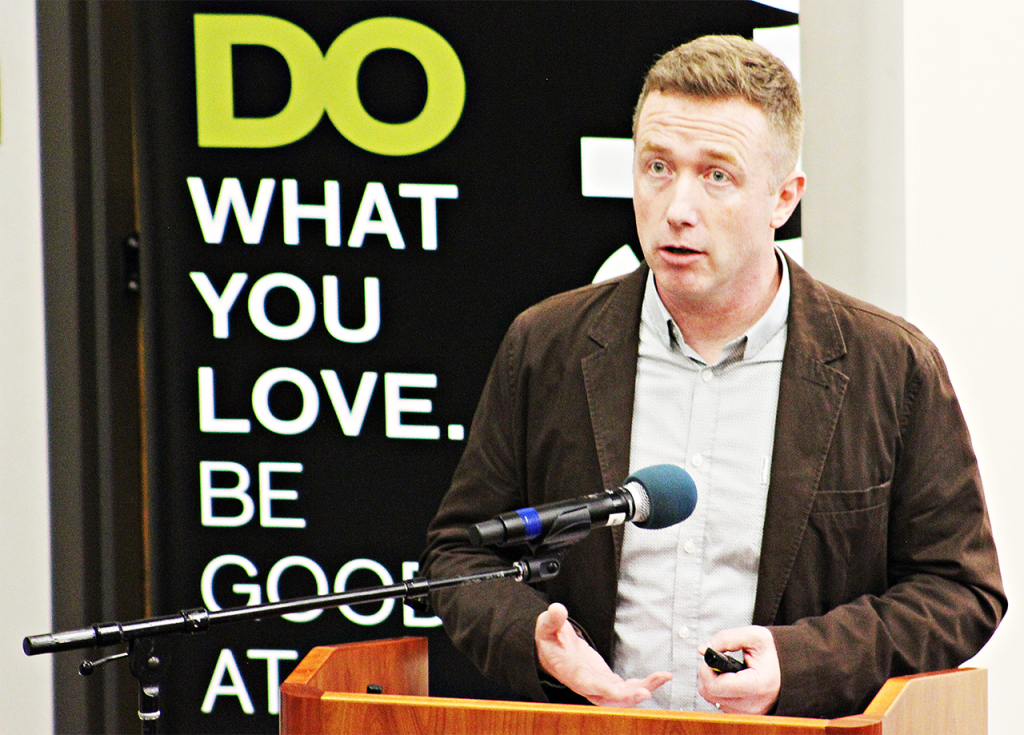
MDMA therapy trials near conclusion in Vancouver
By Greg Waldock, Staff Writer
The final phase of an experimental PTSD treatment using Methylenedioxymethamphetamine, commonly called MDMA or ecstasy, has begun in Vancouver at the BC Center on Substance Use.
The trials are part of a multinational project with 16 other cities in Canada, the United States, and Israel, and their positive results are opening the way for the legalization of medically-assisted hallucinogenic use in psychotherapy. Canadian and American agencies are already showing support, with the American Food and Drug Administration calling it a “breakthrough therapy” and promising to work with activists, according to a report in Newsweek.
The initiative was funded by Multidisciplinary Association for Psychedelic Studies (MAPS), and was authorized in Vancouver by Health Canada in 2013.
MAPS Canadian chair and UBC professor Mark Haden told Metro News that “most PTSD therapy takes years. We do it in three months.”
According to the study so far, the use of MDMA helps to break down mental barriers and allow PTSD sufferers to speak openly about their trauma and their feelings about the trauma, which in turn allows the start of a healing process. Two thirds of participants reported that, after less than four months of MDMA-assisted therapy, they remained free of major PTSD symptoms for the full year following their trials.
In its current state, the therapy consists of three eight-hour sessions using MDMA and 12 sessions without, over a period of three to four months. The empathogenic nature of the drug and its medical-grade quality allow for a safe and productive therapy session.
Ed Thompson, one of the participants of study and a former firefighter, said MDMA helped him overcome psychological barriers in therapy.
“It wasn’t a party drug. There was no party,” he said in an interview with the Globe and Mail. “For the first time in years I was able to open up and talk painlessly.”
MDMA facilitates bonding between people, which is why it gained popularity as a recreational drug in the first place. As patient-therapist bonding is often a major barrier for trauma recovery, the breaking down of those barriers is a sought-after goal for recovery, and part of the reason these trials were initially approved.
There are also few known long-term negative side effects associated with the drug, which, when coupled with the therapy’s success rates, means that legislation around psychedelic-assisted treatments could pass into law by 2021 in both Canada and the United States. Both the FDA and Health Canada have greenlit the third phase of trials based on the success, which should begin in Vancouver in February after a suitable new location is found for allowing more study participants.

